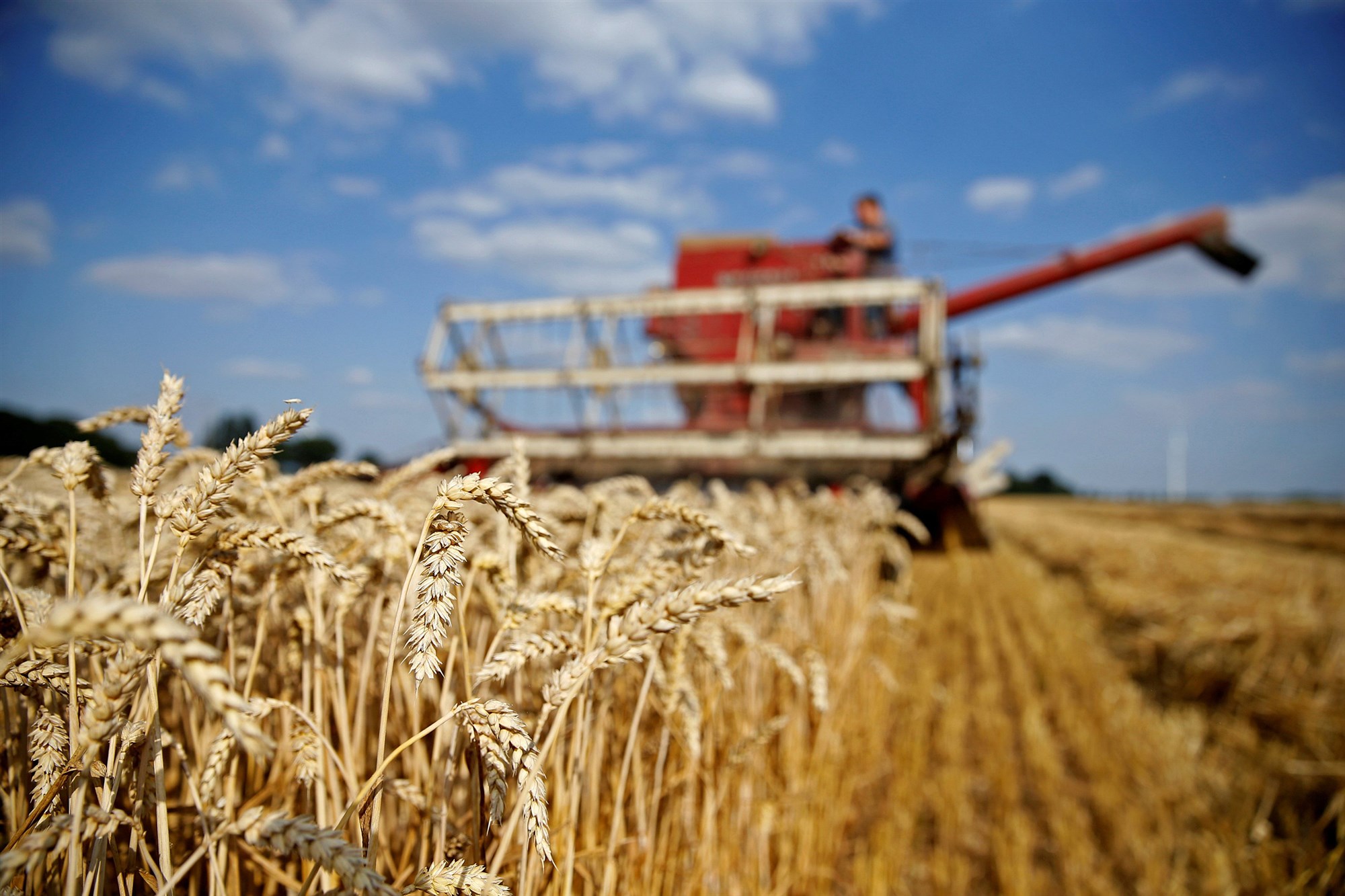
Insects are going to love it when the world turns hotter in the coming years. Not only will they spread more disease — they will eat more crops, researchers reported Thursday.
That’s because as temperatures rise, insects become more active and reproduce more, which makes them hungrier, the researchers reported in the journal Science.
These increasingly voracious insects will hit North America and Europe right in the breadbasket, the researchers predicted.
Wheat, corn and rice crops will all be damaged — to the tune of 10 percent to 25 percent for every 1 degree Celsius (1.8 degrees F) that average global temperatures rise, according to the report.
“Crop losses will be most acute in areas where warming increases both population growth and metabolic rates of insects,” they wrote. “These conditions are centered primarily in temperate regions, where most grain is produced.”
There is no doubt that the global climate is warming and no real debate about one big cause: human activity.
The effects are already being seen with heat waves, droughts, floods and stronger storms as ocean currents and atmospheric patterns are disrupted.
Public health experts have noted an increase in insect-borne diseases, from Zika, West Nile and chikungunya viruses spread by mosquitoes, to a rise in infections such as Lyme disease, which is spread by ticks.
Now a team, including experts at the University of Washington, the University of Vermont, and the University of Colorado, has projected the effects that warmer temperatures will have on insect damage to major food crops.
“First, warmer temperatures increase insect metabolic rates exponentially,” said Curtis Deutsch, an oceanographer at the University of Washington who worked on the study.
“Second, with the exception of the tropics, warmer temperatures will increase the reproductive rates of insects. You have more insects, and they’re eating more,” Deutsch said in a statement.
Farmers can deal with to some degree, the researchers said.
“Agricultural practices will shift as the climate warms. Changes in planting dates, cultivar use, and planting locations are already under way and will become more pronounced as the rate of climate warming increases,” they wrote.

